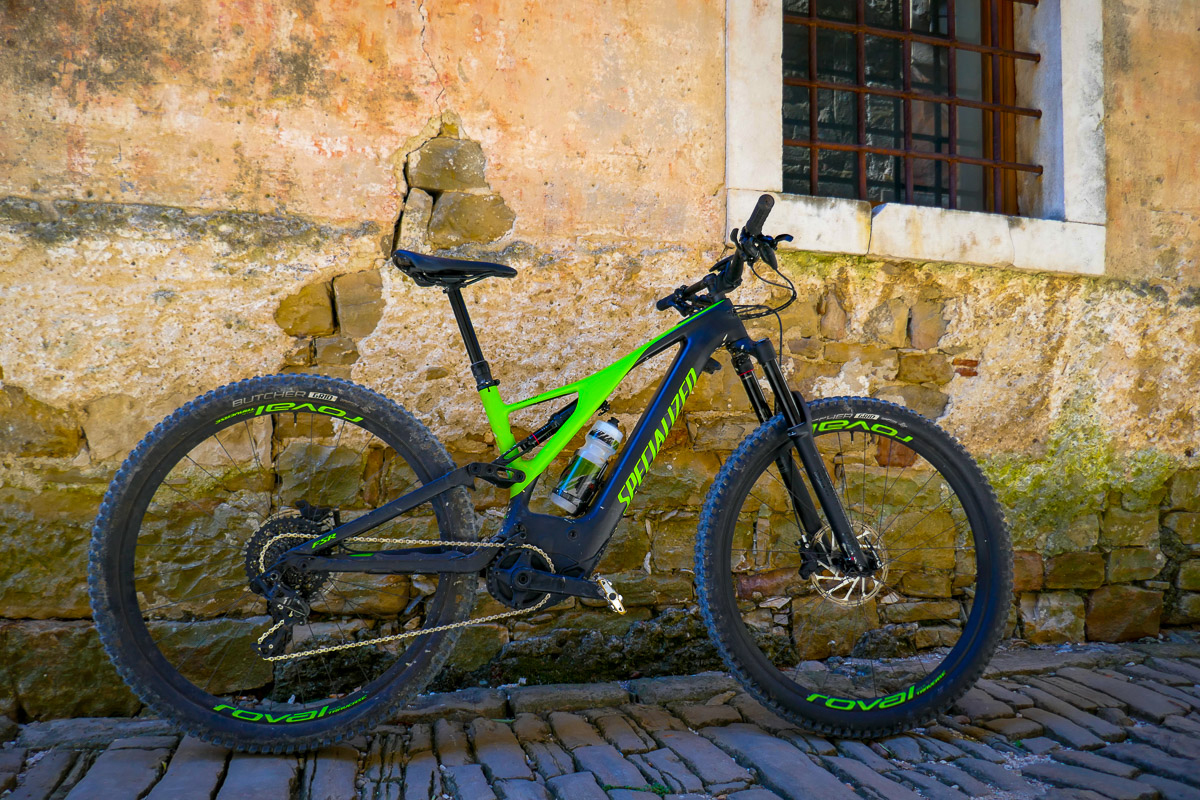There are a lot of talking points and misconceptions when it comes to e-bikes. One of the more popular ones is that since there is a motor assisting your pedaling, you’re not getting much of a work out. While anecdotal evidence would have you believe otherwise, BYU just released their findings in a more scientific manner.
While the Brigham Young University study is fairly limited in scope, the results suggest that e-mountain bike use still offers substantial cardio benefit. In this case, the average heart rate during eMTB riding was 93.6% of the average heart rate (9.9bpm lower) from the same users riding a 5.5 mile test loop on a standard mountain bike. Out of 33 test participants, most were male with an average age just under 38 years, with half of them experienced mountain bikers. For the e-bike portion of the test, riders used a 2017 Specialized Turbo Levo FSR Comp Carbon 6Fattie model with a Class 1 designation and maximum assisted speed of 20mph. During the non-assisted test laps, riders could use their own bikes or the equivalent non-e-MTB, a 2017 Specialized Stumpjumper FSR Comp 6Fattie.
Third gen Apple watches and Polar H10 heart rate monitors were used to monitor heart rates, and the watches were running Strava to record ride speed, distance, and time. In addition to the heart rate data, the study found that the same riders were on average 4.1mph faster when riding the e-MTB on the test loop.
Even though the test included a small sample size, the results are quite interesting. To read more, check out the full report here.
